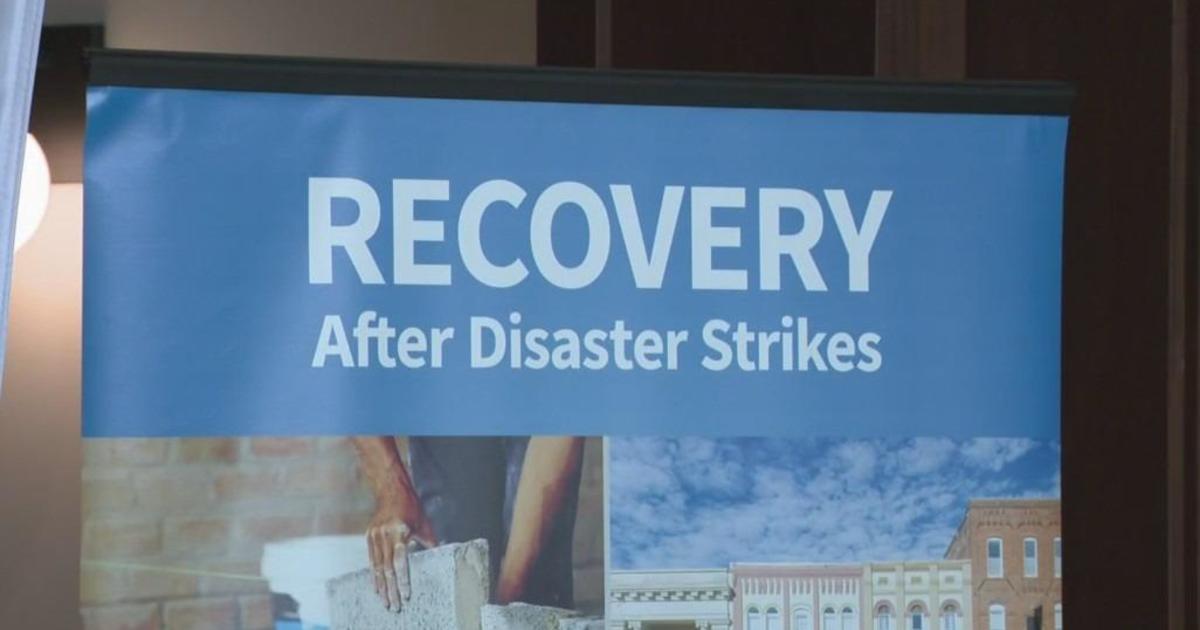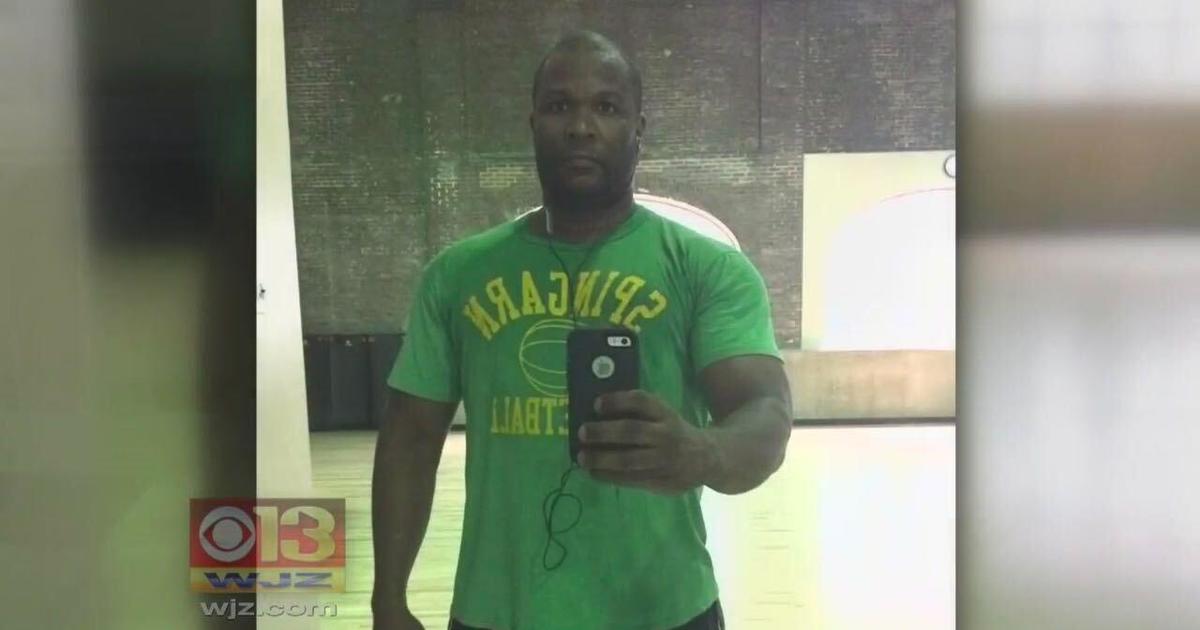'Doomsday Clock' Countdown Begins Due To Budget Failure
ANNAPOLIS, Md. (AP) -- The Maryland State Education Association turned on a "Doomsday Clock" on Wednesday outlining the wide-ranging effects of about $500 million in cuts streaking across a television screen in red, as teachers, librarians and police implored Gov. Martin O'Malley and lawmakers to call a special session to repair the damage before July 1 when they would take effect.
Mary Pat Whiteley, a crime scene technician for the Annapolis Police Department, said a $20 million cut to local law enforcement grants would have a terrible impact on police departments across the state.
"Without these resources, our challenges will continue to grow," Whiteley said. "We are asking -- no, begging -- the governor and the legislators to come back and finish the job."
Education also would take a big hit. Kathleen Carmack, a special education teacher at Governor Thomas Johnson High School in Frederick, said she was appalled the Maryland General Assembly couldn't pass a revenue package before the 90-day session adjourned last week.
"I do not see how we can preserve our top-ranked school system with the doomsday budget and its deep cuts," Carmack said.
The so-called "doomsday budget" went into effect in place of an income tax increase. It would eliminate 500 state jobs and eliminate about $129 million in education funding for parts of the state where education costs are higher. It also would eliminate cost-of-living raises for state employees and reduce state operating expenses by 8 percent.
Meanwhile, Maryland's treasurer briefed Gov. Martin O'Malley about a credit rating agency's concern over the state's unresolved budget situation, telling the governor that Moody's Investor Services wants to be kept informed about developments.
Maryland Treasurer Nancy Kopp, who briefed O'Malley before a meeting of the state's Board of Public Works, said Moody's was assured Maryland will have a balanced budget before the next fiscal year, whether through a special session or cuts by the board.
Moody's rates bonds issued by state and local governments.
Favorable ratings can make it easier for governments to borrow money for infrastructure like roads and schools.
"They were understanding, but skeptical," Kopp told the governor, adding that they made a special point about some counties being on credit watch because of concerns about the federal government's credit standing. "So they're watching us."
Kopp said Moody's is looking specifically at counties that have triple-A ratings, such as Montgomery, Baltimore and Prince George's counties.
"The longer we go without a final conclusion in terms of deciding whether there will be a special session or not, the more
concern it raises because as the rating agency representative pointed out the local governments have to write their budgets," Kopp said in an interview after the meeting.
O'Malley asked Kopp to reach out to county executives to let them know about Moody's concerns.
"There's a lot of denial right now, denial that the Legislature really did this, denial that these cuts have the effects that they will have," O'Malley said.
Timing of a special session is now in limbo. O'Malley wants to call one as soon as possible. But he says he won't call one until a consensus has been reached between the House and Senate on how to reconcile differences between the two chambers on an income tax increase to help fill the budget gap.
County governments are in a limbo of their own. As they look to have their budgets completed by early June, county officials face the conundrum of how to react to the uncertainty in Annapolis.
"Counties are kind of stuck in neutral right now, because it's really difficult to put together a county budget without knowing what the state is going to do," said Michael Sanderson, the executive director for the Maryland Association of Counties.
Sanderson said there's not a lot of time to avoid serious problems for county budget planning.
"I don't think two weeks is a problem," Sanderson said. "I think six weeks would be a big problem."
Some, including House Speaker Michael Busch, have criticized Senate President Thomas V. Mike Miller for letting the revenue package fail after becoming too obsessed with legislation to expand gambling. Miller denied that in a letter dated Monday that was made public Wednesday.
"It is not a secret that I am in strong support of allowing the voters to have the opportunity to decide on expanded gaming to help resolve the state's ongoing deficit, however I in no way sought to involve any gaming issue into the fiscal year 2013 budget debate," Miller wrote.
Miller, D-Calvert, criticized the House of Delegates for failing to compromise, after senators on a budget conference committee made a series of concessions.
"Insisting on 100 percent of your own position cannot be called a compromise," Miller wrote.
(Copyright 2012 by The Associated Press. All Rights Reserved.)



